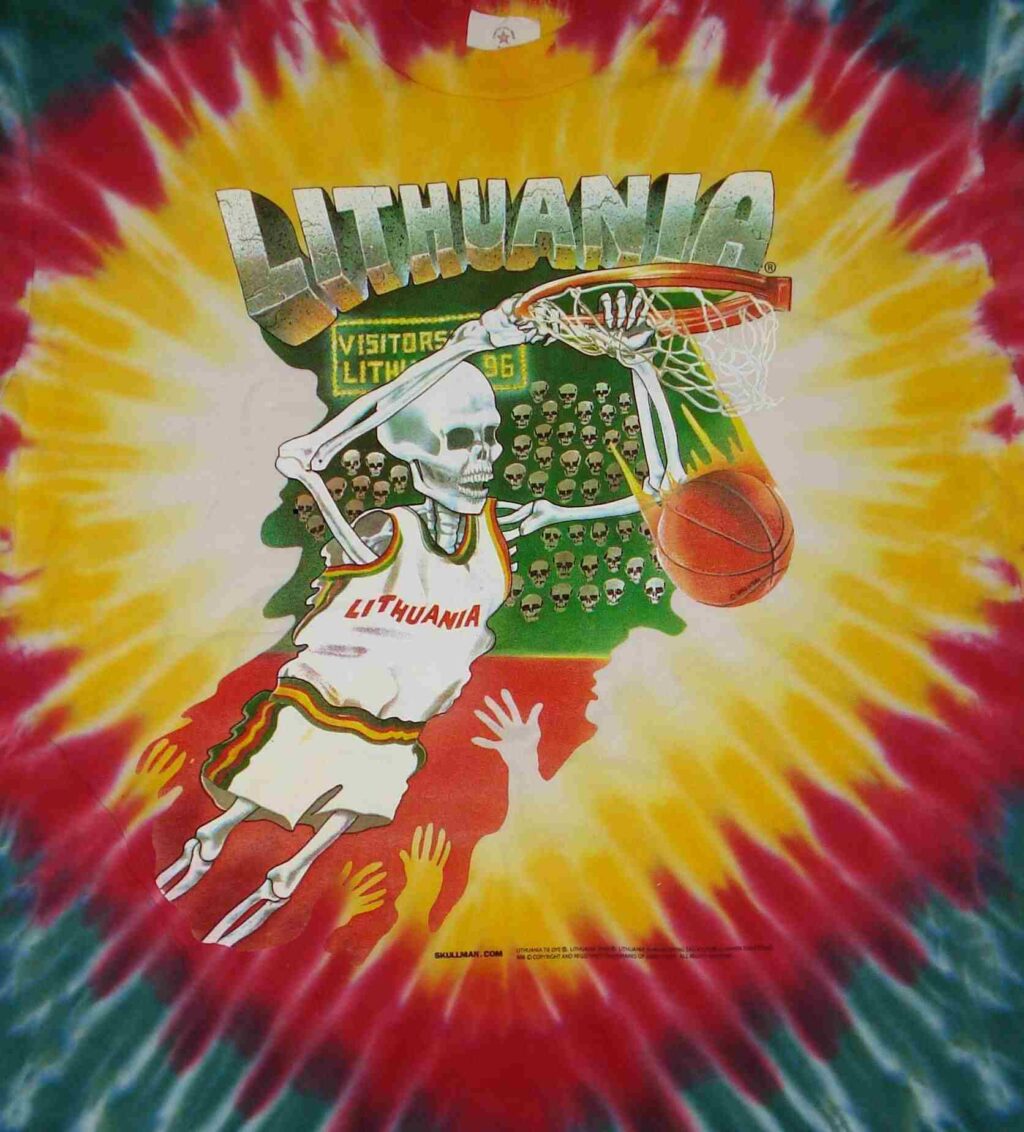
Introduction
Lithuania, a Baltic state nestled between Latvia and Poland, has been gaining attention on the European stage for its rapid economic growth and rich cultural heritage. As one of the fastest-growing economies in Europe, Lithuania’s relevance has surged, particularly in the wake of international challenges such as the global pandemic and geopolitical tensions. In this article, we explore the key developments and significance of Lithuania in contemporary Europe.
Economic Growth and Development
Lithuania’s economy has shown robust growth, rebounding strongly after the initial impacts of the COVID-19 pandemic. According to the Statistics Department of Lithuania, the GDP growth rate for 2022 surpassed 5%, driven mainly by its booming technology sector and export-oriented industries. The country’s strategic location has made it an attractive hub for foreign investment, particularly in sectors like IT, finance, and manufacturing.
Notably, Vilnius, the capital city, has emerged as a regional tech center, with numerous startups and innovation incubators establishing their presence. In 2023, Lithuania participated in the European Union’s Green Deal initiatives, promoting sustainable practices and aiming for carbon neutrality by 2050. This commitment not only positions Lithuania as a leader in environmental responsibility but also attracts businesses focused on sustainability.
Cultural Richness and Heritage
Beyond its economic advancements, Lithuania presents a vibrant cultural landscape. With a history that features influences from various empires, including the Polish-Lithuanian Commonwealth, Lithuanians take pride in their unique identity and heritage. The nation celebrates numerous festivals, such as the Užgavėnės, which showcases traditional music, costumes, and culinary delights.
Furthermore, Lithuania’s commitment to education and arts reflects its cultural priorities, with numerous institutions dedicated to the preservation and promotion of folklore, arts, and literature. The nation’s inclusion on UNESCO’s World Heritage list includes the historic center of Vilnius and the Curonian Spit, which draw tourists from around the world.
Conclusion
As Lithuania continues to strengthen its economy and preserve its rich cultural heritage, its role in the European landscape becomes increasingly significant. The country stands as an example of resilience and adaptability in the face of global challenges. Moving forward, Lithuania’s strategic initiatives and cultural investments are likely to yield substantial benefits, positioning it as a vital player in both the regional and broader European context. For readers interested in travel, investment opportunities, or cultural exploration, Lithuania offers a compelling destination worth discovering.




